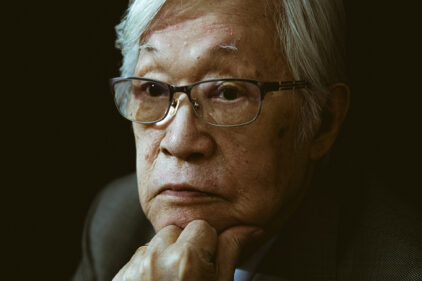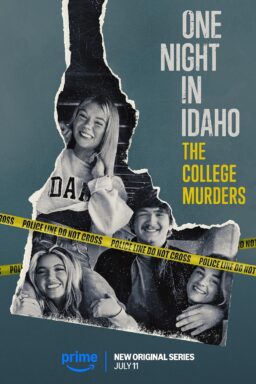TORONTO — There was a nasty article recently in Salon, the online magazine, complaining that Robin Williams has given up on making people laugh and is building a new image as a noble everyman. After such elevating projects as “What Dreams May Come,” “Patch Adams” and the new “Jakob The Liar,” the article wondered what ever happened to the jolly side of Williams’ persona?
“Jakob the Liar,” premiering here (and opening commercially Sept. 24), is indeed a dark and uplifting story, with Williams as one of many Jewish prisoners in a Polish ghetto, its exits blocked by walls and Nazi machineguns. He overhears a radio story that gives reason to hope that the war may be going against Germany, tells his fellow captives and sees how it cheers them. So he begins to fabricate more radio bulletins, allegedly heard on his secret radio.
“It’s not a question of choosing a comedy or choosing a serious film,” Williams told me. “I choose on the basis of the project.”
So, is a comedy on the horizon?
“What I know that I must do now,” he said, “is just go back to the clubs and do six months of stand-up. Clear the decks. Open the windows. Back to basics.”
What is it about stand-up? I asked. All you stand-up guys seem to invest it with an aura, as if it exists above, or below, everything else you do.
At this impenetrable question, Williams raised an eyebrow, but responded gamely: “You’re working without a net. Just you and the mike and the audience. If you fail, it’s not the fault of the director or the screenplay. It’s your fault. There’s a kind of purity to it.”
One of the festival’s best films is “A Map Of The World,” by first-time director Scott Elliott, with a performance by Sigourney Weaver that creates an absolutely original character in a role that might, in other hands, have fallen into easy observation. What’s astonishing about the film is how awake it is, how it doesn’t fall into predictable story routines.
Weaver’s character, a Wisconsin farm wife, mother and school nurse named Alice, has a series of disasters befall her, and although these events could be handled in soppy docudrama fashion, they are not: Weaver and her collaborators surprise us again and again by the way the character responds not according to the requirements of genre fiction, but according to the rhythms of her stubborn, proud personality.
She is, I observed, an actress of unusual range. She was once described by Variety as “the only actress who can open an action picture,” which means her name on the marquee of an “Alien” film guarantees a huge weekend. She is also known for quiet, quirky, difficult roles in movies like “The Ice Storm” or “Death And The Maiden.” It’s a fair distance between “A Map of the World” and battling alien spiders.
“I’ve often thought it would be fun to work in repertory,” she said. “Different roles on a rotating basic. Comedies, dramas, the classics, experimental. It keeps you on your toes.”
For “A Map of the Heart,” she said, one of the most difficult experiences was preparing for scenes where she is in the city jail.
“I went through the whole process of being booked in. Fingerprinting, mug shots, everything. They couldn’t get my fingerprints to register, and they kept working at it, and it was so – dehumanizing. And then the reality inside, where the sentence itself is like a kind of torture. No privacy. The lights. Always being watched. A guard told me, ‘Well, you can always watch TV.’ But of course, the TV is always. The problem is, you can’t not watch it.”











